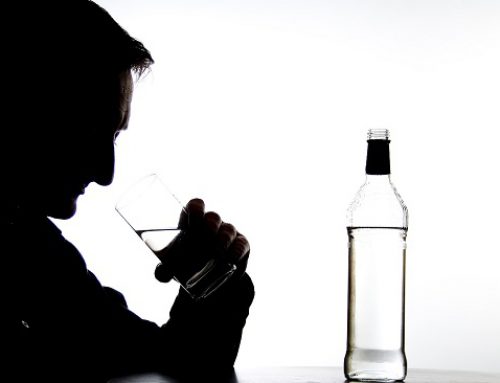Spring is upon us. The season is ripe for learning new lessons, being inspired and becoming more aware of all of the bounties of this existence – even for those feeling the recovery blues. The Gifts of Recovery are numerous and come from both ordinary and surprising sources. It’s just up to each individual to notice. The gifts come in many different forms including inspirational films, “aha!” moments, strength, courage, reading material, the support of family and friends, treatment options, and many more. Sometimes, even a positive thought is that gift that propels a person forward in recovery.
Are you reading this and questioning whether recovery and good feelings are really just a matter of perspective? Well, research spanning a few decades supports that positive thinking and gratitude are powerful sources of good feelings. And, we know that good feelings can push along your recovery and make your struggle more bearable.
McCraty and colleagues conducted a study in 1998 in which they studied people who “cultivated appreciation and other positive emotions.” The results were astounding, demonstrating a “mean 23% reduction in cortisol after the intervention period” as well as other indicators of reduced stress!
If you read one of our previous pieces on stress management and emotional self-regulation, you will know that stress is a part of a vicious cycle. It can be the cause of addiction, a symptom of an addictive lifestyle and it can also raise the probability of relapse.
The Greater Good Science Center at the University of California, Berkeley is running a project called Expanding the Science and Practice of Gratitude where researchers are finding that “people who practice gratitude consistently report a host of benefits including stronger immune systems and lower blood pressure; higher levels of positive emotions; more joy, optimism, and happiness; acting with more generosity and compassion; and feeling less lonely and isolated.”
For this valuable and groundbreaking research, UC Berkeley is partnered up with UC Davis, home of Professor Robert Emmons. Dr. Emmons is a leading expert on gratitude and has written many books and papers on the topic. Emmons’s paper entitled “Why Gratitude Enhances Well-Being: What We Know, What We Need To Know” cites a 1998 study by Rosenberg which demonstrated that “Gratitude has been identified as a trait, emotion, and mood. The grateful disposition can be defined as a stable affective trait that would lower the threshold of experiencing gratitude. As an emotion, gratitude can be understood as an acute, intense and relatively brief psychophysiological reaction to being the recipient of a benefit another. Lastly, as a stable mood, gratitude has also been identified to have a subtle, broad and longer-duration impact on consciousness (McCullough, Tsang, & Emmons,2004) […] Gratitude promotes optimal functioning at multiple levels of analysis – biological, experiential, personal, relational, familial, institutional, and even cultural (Emmons & McCullough, 2004).”
Now that you know that gratitude is an attitude, mood and emotion that fuels itself into MORE gratitude… you know what to do! The gifts are boundless through a lens of gratefulness and within your immediate reach.
ATS is a Drug and Alcohol Outpatient Treatment Provider in Rancho Mirage, CA and can be reached at (760) 459-1795.






